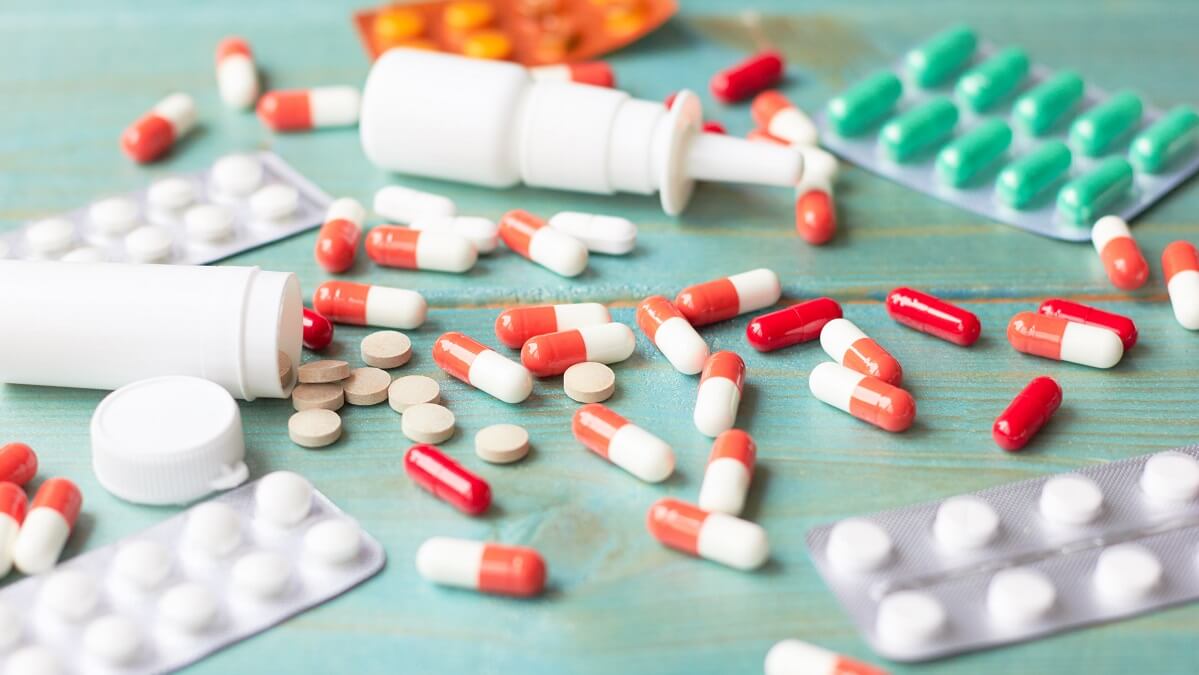When handing a prescription to your local pharmacist, you’ve probably been asked, “Is the generic brand okay?” Most will respond in the affirmative without a moment’s thought. But are generic medications something we should think about before blithely saying, ‘yes’, to the pharmacist?
What are the differences between generic medications and their brand name counterparts? And do any of them matter?
There is one thing that is significantly different between the two. But to borrow a catchphrase from a well-known supermarket, it’s ‘good different’. That big difference is, of course, the price. On the whole, generic medication brands are significantly cheaper than the originals.
The generic medications story
I have a family member who works in pharmaceutical marketing. Many years ago, he encouraged me to choose branded rather than generic medications. Somewhat taken aback, I asked him why? His answer provided me with the first insight into the process of developing medicines.
The term ‘branded’ in this context, he explained, refers to the company that originally patented the medication in question. While the patent is in force, usually for some years, that specific medication can only be sold by the patent holder. When the patent expires, manufacture of the product becomes something of a free-for-all.
It’s at that point that generic-branded equivalents hit the shelves at far lower prices than the original. These can be produced and sold far more cheaply, he continued, because the ‘formula’ is readily available. The generic manufacturers don’t have to recoup the millions of dollars spent on research and development because they did none.
But what about the patent?
My relative’s argument was that paying extra to buy branded rather than generic medication encouraged continued research into new and better drugs. ‘That makes sense,’ I thought briefly. Then after some further thought, I said, “Wait a minute. Don’t these patents last for years? What about all the money these pharmaceutical companies make in the years they have a monopoly on the market?”
I was feeling quite smug about that line of questioning but my relative brought me straight back to earth. It turns out that patents come with a bit of a catch. In the US, pharmaceutical patents last 20 years and in Australia 25 years. That seems like time enough to ‘cash in’, but here’s the kicker – the clock starts ticking the moment testing begins.
The testing of pharmaceuticals is extremely rigorous, and that’s a very good thing. But to achieve the required rigour more often than not takes many years of trials. By the time they’re completed, and the medication receives the relevant approvals, the remaining ‘cash-in’ time is limited.
Are there other differences in generic medications?
The answer to that question is essentially, no, but there is some nuance required to get the full story. When it comes to the active ingredient of the drug, it will be identical, whether you buy the branded or generic medication.
It is the inactive ingredients that account for the differences. Such ingredients are used to bind the drug and can include alcohol, gelatin, saccharin, or sugars like galactose or lactose. These will not have any affect on the drug’s therapeutic properties.
One rare exception to this was found through an academic comparison of the ADHD drug methylphenidate. The research found differences in children’s symptoms when they took an extended release generic medication compared to the original brand. The original brand used a different, more gradual release method of ingredient delivery.
The bottom line
The bottom line is that most consumers of prescription medicine will base their choice on their own bottom line. Most will continue purchasing generic medication ahead of the branded version, especially if the cost of living continues its climb.
For those who can afford it, the advice of my relative might be worth considering. Then again, looking at the most recent profits made by GSK and Pfizer, I think I’ll stick with generic medications.
Does your pharmacist mention the generic medication option for your prescriptions? Which is your usual choice? Let us know via the comments section below.


My pharmacist will automatically give you generics unless you specifically ask for brand names. I was told by a doctor that the pharmacists get a kickback from the generic medications.
I’ve also found, in some cases, the brand name medications cost only slightly more than the generic ones.
There’s also one thing you failed to consider: the quality of the active ingredient. Where was it sourced?
Here’s an example of what I’m talking about. Many bodybuilders take creatine. Two of the main suppliers have been Germany and China. The German product has been of significantly higher quality than the Chinese product. The result is that the German product was better absorbed by the body (and more of it) than the inferior Chinese product.
Following on from Steve’s comment I would like to say the pharmacist is required by law to ask permission to change if the doctor has prescribed by Brand. Not necessarily so if a generic is prescribed.
The variations mentioned hold true in my experience as a medical sales representative over many years. I stick with the Brand wherever possible.
Another issues is the change in our medication if the pharmacist changes their preferred generic or if you change pharmacy and the have a different generic.
The allowed variation between by the drugs by the TGA is surprisingly broad.